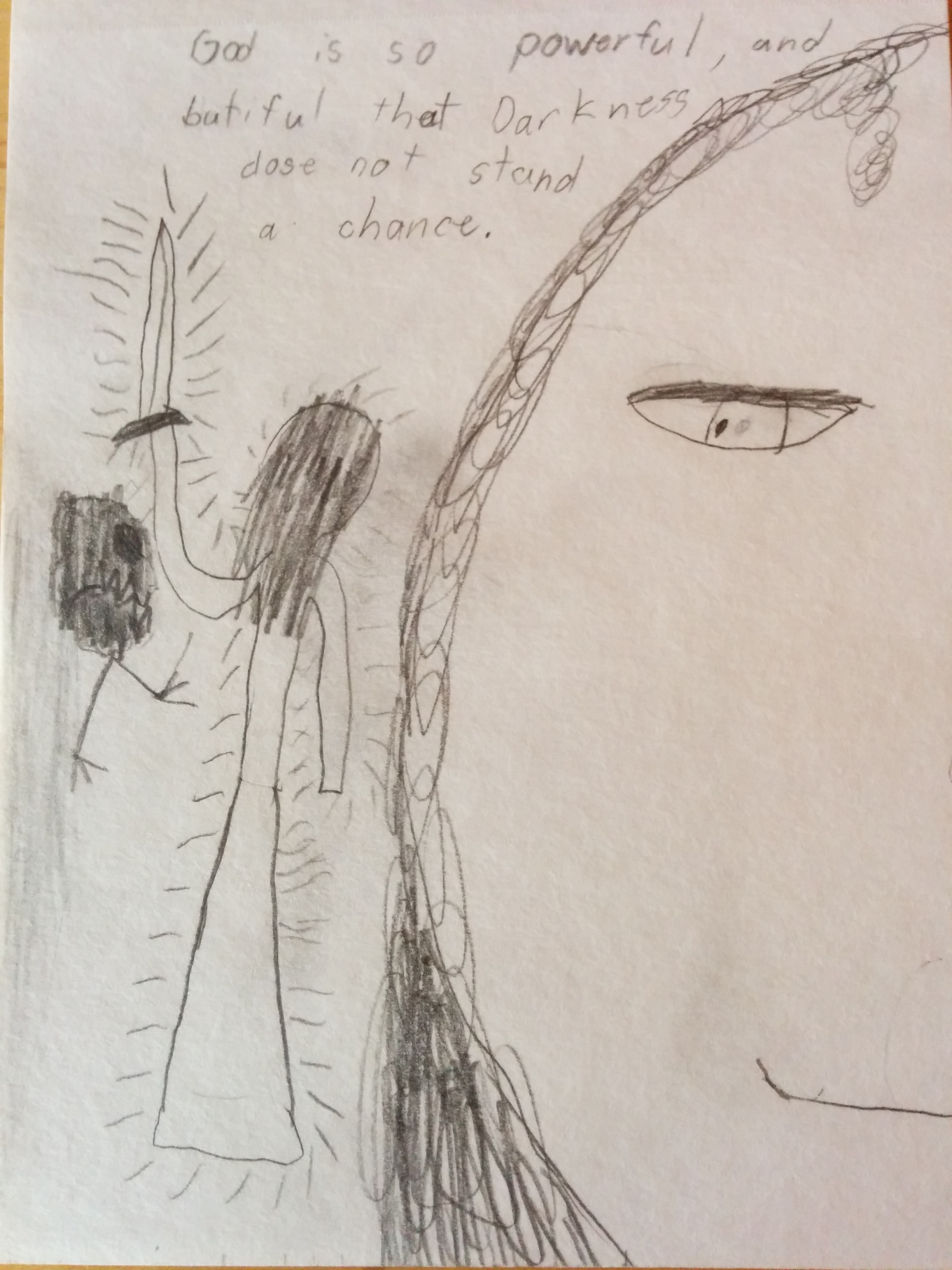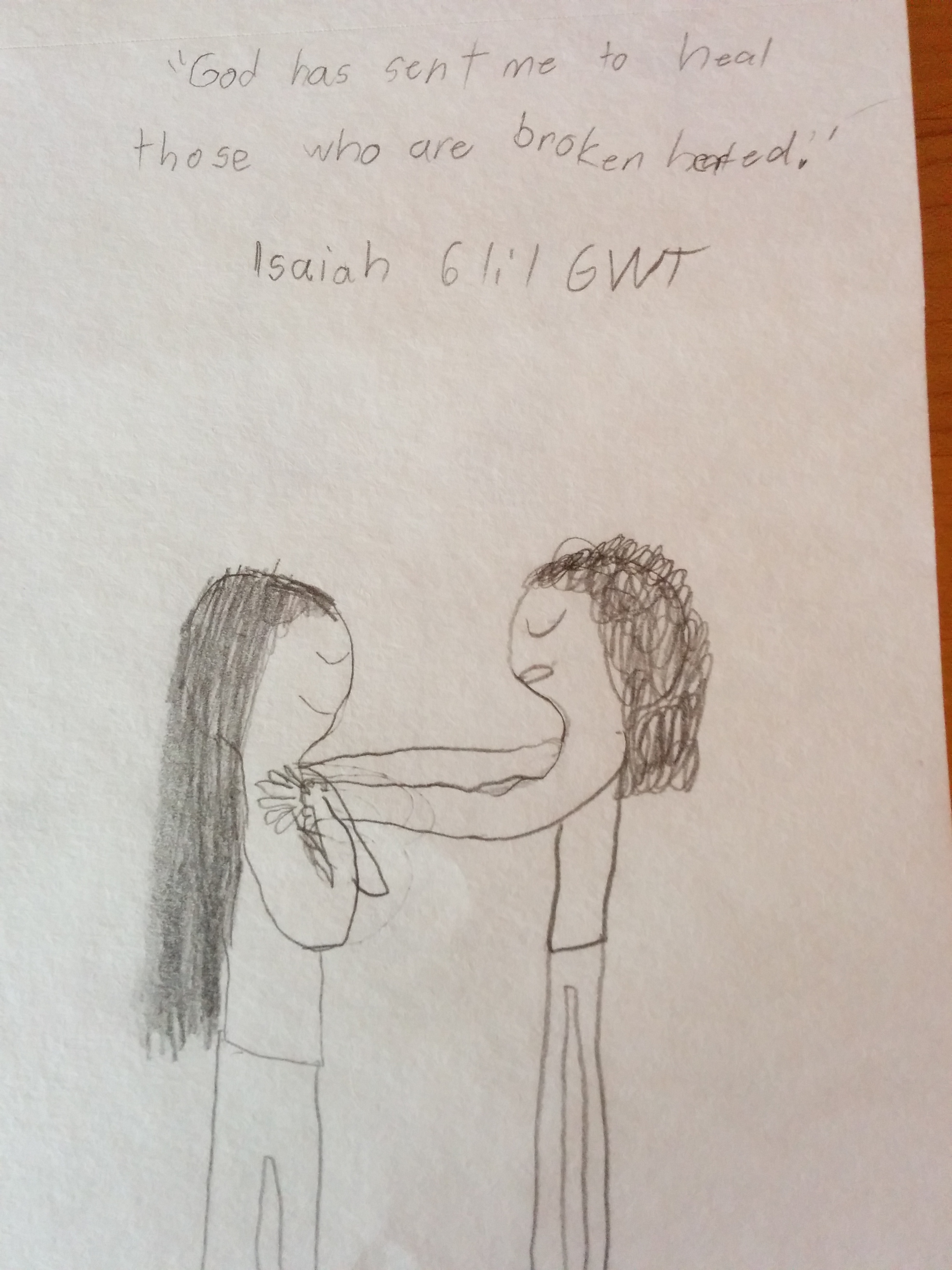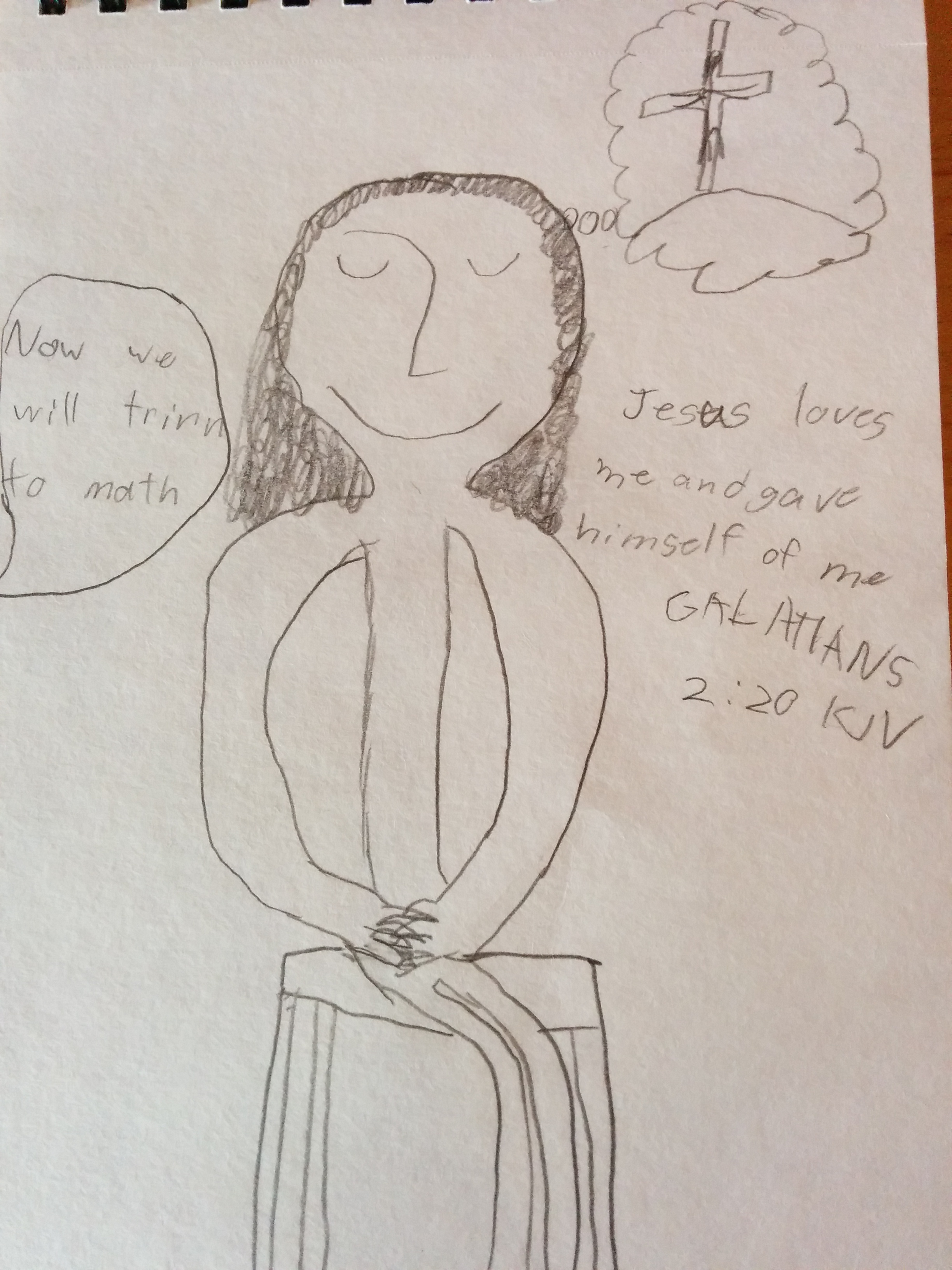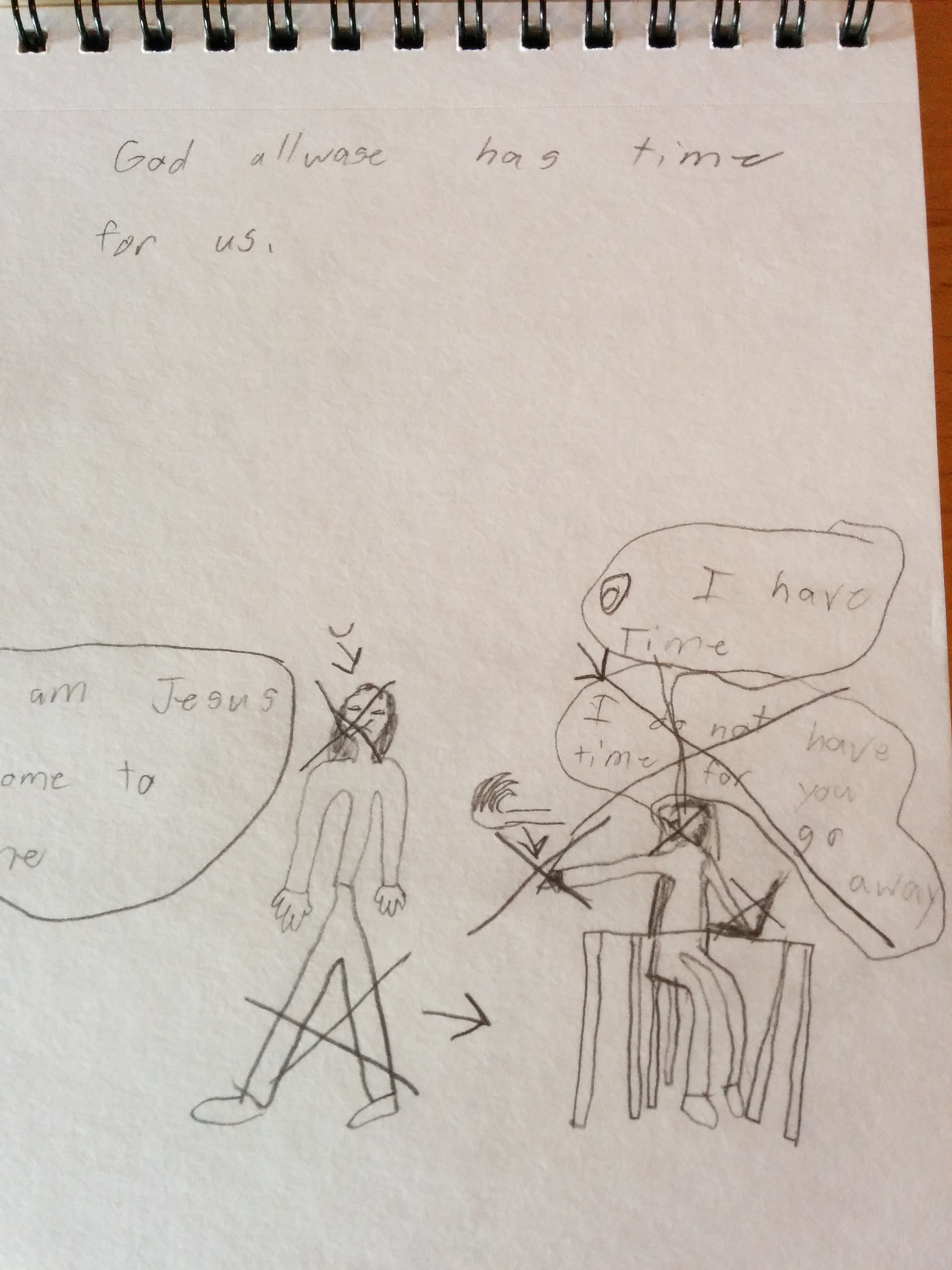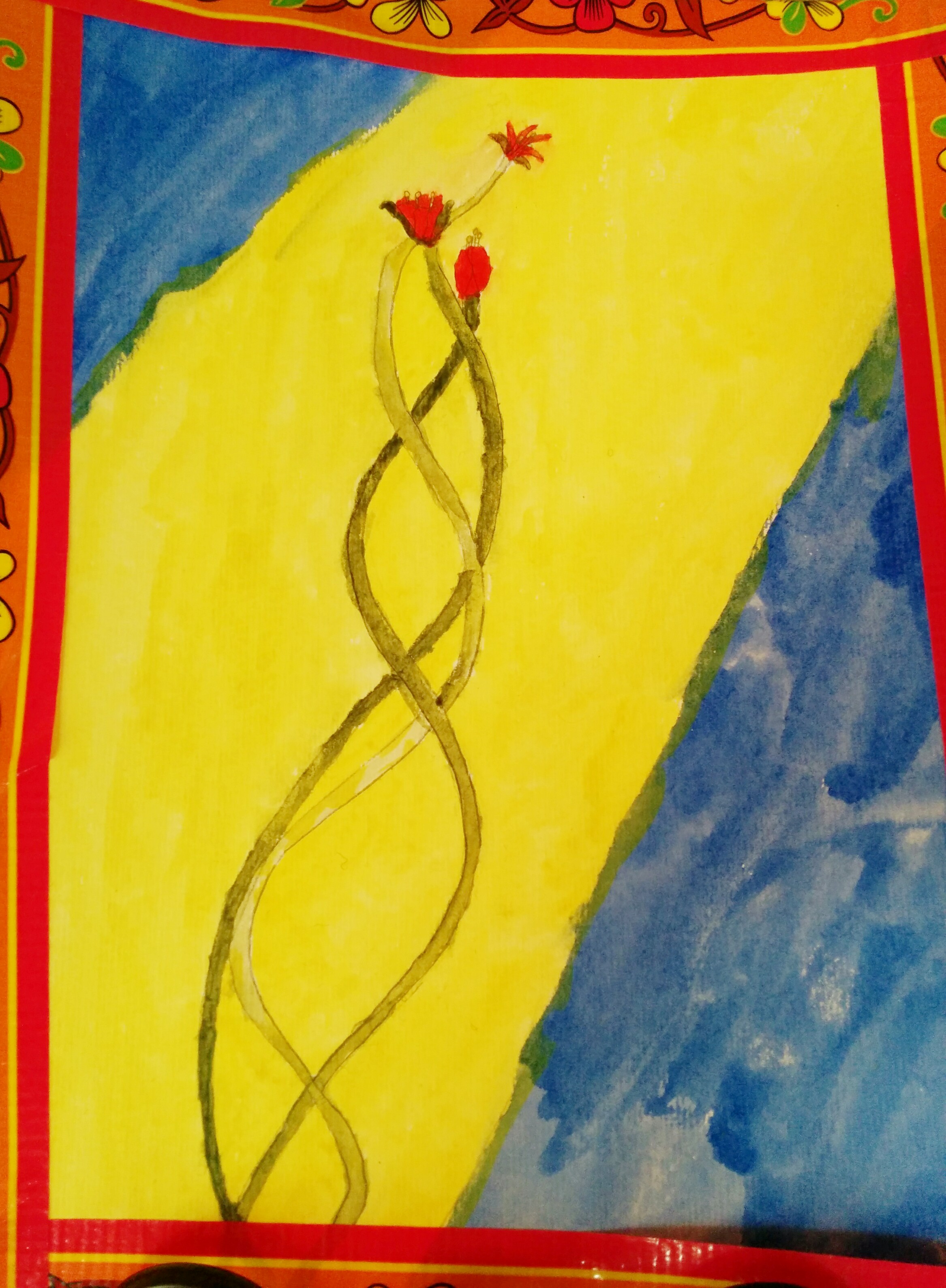Summer affords me the easy rhythms of wondering and wandering. Here in Colorado we’ve had loads of rain- so these days I’m wandering hip deep in clover. Pulling it up out of my garden and wandering it over to grateful goats and one stubborn horse. Most mornings I wander out the kitchen door, to sit on the deck and watch the cat wander herself into my lap. After a while I wander over to a spot gone wild from neglect and rummage around for a few asparagus shoots.
Sometimes I wander alone, other times I wander with my kids. They lead; I follow.
We wander in search of spring’s new flower. We wander abandoning our sight and leaning heavily on sound in search of baby blue birds, the percussion of grass gone to seed and the syncopated cicada.
Wandering, by most accounts is aimless. The idea that anything in the Christian life is aimless might trigger some push back. I mean for crying out loud, this is a purpose driven life.
For just a minute, hold the trigger and ask yourself...
Just what would happen if I release my aim?
What would happen if I release my goal?
What would happen if I release the rat in the rat race?
In my wandering this summer, I am doing just that. Know what’s happening?
Grace. Rest. Wandering in the space of be-ing.
Hard as hell[1] for a driven person to refuse to drive. Requires the discipline of wandering.
What would it look like for you to submit to the Great Wanderer? He's a pretty good guide.
Try wandering outside, leave your watch in the house, bring a child.
[1] I do not use this phrase glibly. Hell is hard. Like driving a stake in cement, like pounding our heads on brick walls. Heaven, however, is a bit like wandering into a pasture gone wild looking for asparagus shoots.





